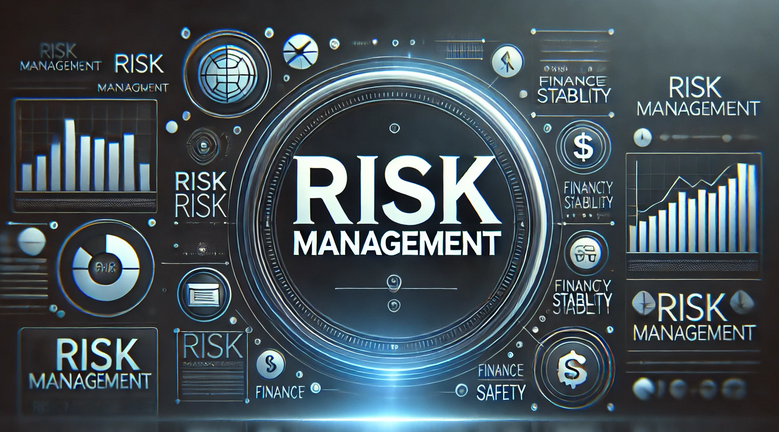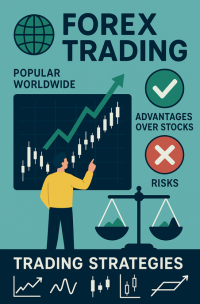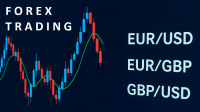Yet, despite the tools, information, and access now available to individual traders, the vast majority still fail to achieve long-term profitability. The most common - and often fatal - reason? Poor risk management.
A Market of Opportunity and Peril
Forex trading can be deceptively simple. The mechanics of buying and selling currency pairs seem straightforward. However, the underlying volatility, leverage options, and psychological pressures can make it perilous for the unprepared.
Many novice traders enter the forex market with dreams of rapid wealth, inspired by stories of overnight success and fueled by aggressive marketing from brokers. What they often lack, however, is an appreciation for the single most important pillar of trading success: the ability to manage risk.
The Lure and Danger of Leverage
Forex brokers frequently offer leverage ratios as high as 100:1 or even 500:1. While this enables traders to control large positions with relatively little capital, it also magnifies both gains and losses.
For example, a 1% adverse move in the EUR/USD currency pair with 100:1 leverage could wipe out a trader’s entire account if no stop-loss is in place. Unfortunately, many traders treat leverage as a shortcut to profits, without fully understanding the mathematical reality of compounding losses.
Overleveraging is not just a technical mistake - it reflects a deeper issue: the absence of a disciplined risk management framework.
The Emotional Spiral
Psychology plays a pivotal role in trading outcomes, and unmanaged emotions are often at the heart of risk mismanagement. A trader who suffers a loss may feel compelled to "make it back" by increasing position sizes, violating their own rules. On the flip side, a trader on a winning streak may grow overconfident, risking more capital than their plan allows.
Fear and greed can sabotage even the best technical strategies. Emotional decision -making leads to inconsistency - cutting winners too early, letting losers run, or doubling down on a bad position. In each case, the root problem is the same: the trader lacks a predefined, consistently applied risk management strategy.
The Absence of a Trading Plan
A comprehensive trading plan outlines not just when to enter and exit trades, but also how much to risk on each one. Successful traders typically limit their risk per trade to 1–2% of their capital. This approach ensures that no single trade - or even a string of losing trades - can cripple their account.
Without such a plan, many traders fall into the trap of reacting to the market instead of following a consistent process. Trading becomes a series of impulsive decisions rather than a disciplined exercise in probability management.
Unrealistic Expectations
The allure of turning a few hundred dollars into a small fortune in a short time is powerful. Social media is saturated with stories of traders flaunting rapid gains, often without mention of the risks they took to achieve them - or the losses they later incurred.
These expectations drive traders to overtrade, take on too much risk, and ignore long-term sustainability in favor of short-term gratification. Ironically, it's this impatience that leads most to failure.
Building a Foundation for Success
Risk management isn't just about using stop-losses or adjusting lot sizes. It's about developing a professional mindset - one that treats trading as a business, not a game of chance.
Key principles include:
- Risking only a small percentage of capital per trade
- Setting clear stop-loss and take-profit levels before entering a trade
- Maintaining a trading journal to review and refine strategy
- Using realistic expectations to guide decision-making
In the end, successful forex trading is less about predicting market movements and more about managing what happens when you're wrong. Losses are inevitable. Survival - and profitability - depend on how well they are contained.
Conclusion
The most common problem forex traders face is not a lack of knowledge or poor strategy. It is the failure to manage risk. Until traders make risk management the cornerstone of their approach, even the most sophisticated analysis will be undermined by undisciplined execution. In a market that rewards consistency and patience, mastering risk isn’t just optional - it’s essential.








